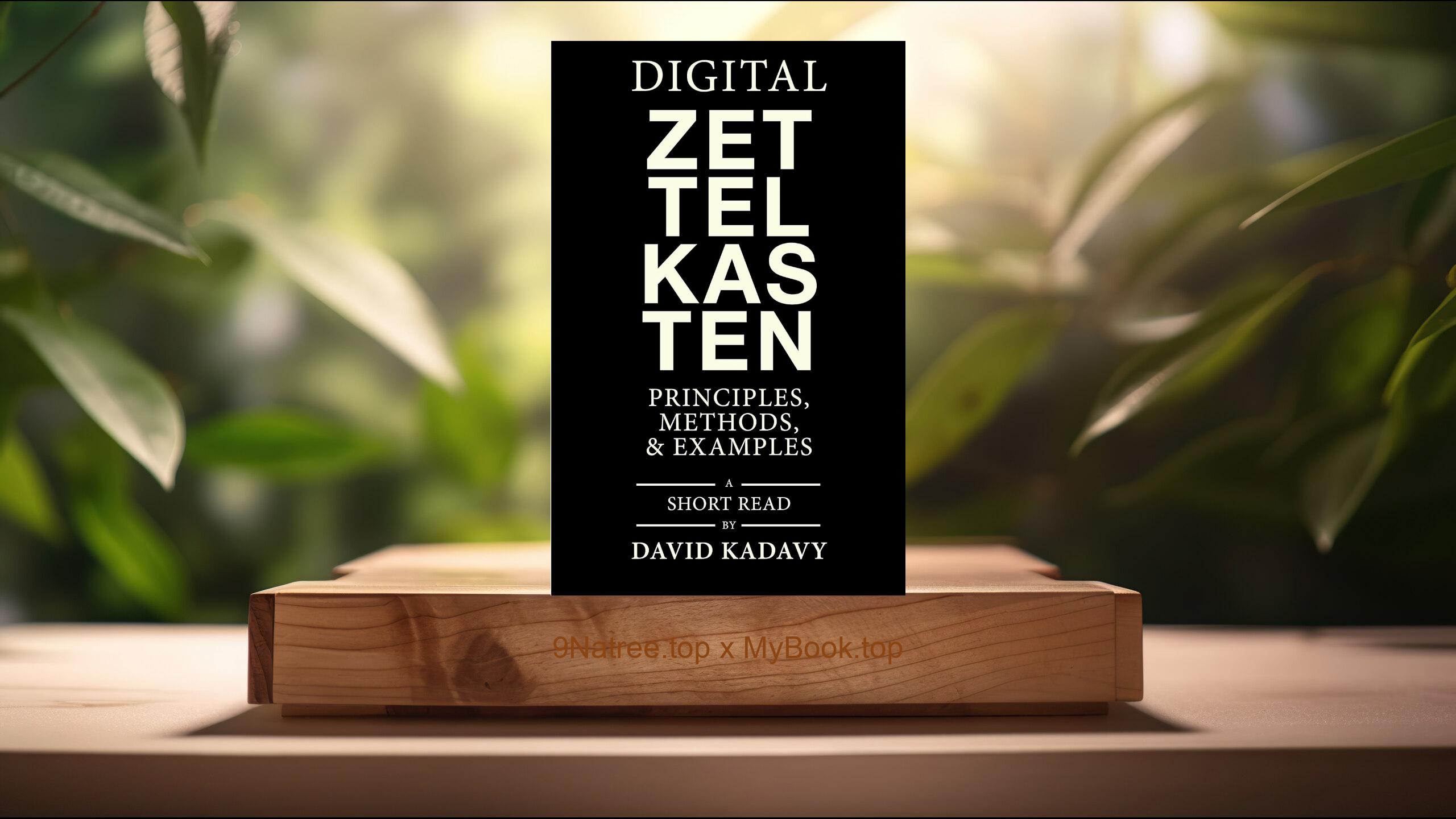Show Notes
- Amazon US Store: https://www.amazon.com/dp/B09HSST2ZX?tag=9natree-20
- Amazon Worldwide Store: https://global.buys.trade/A-Mind-for-Numbers-How-to-Excel-at-Math-and-Science-Barbara-Oakley.html
- Apple Books: https://books.apple.com/us/audiobook/a-mind-for-numbers-how-to-excel-at-math-and/id1587085408?itsct=books_box_link&itscg=30200&ls=1&at=1001l3bAw&ct=9natree
- eBay: https://www.ebay.com/sch/i.html?_nkw=A+Mind+for+Numbers+How+to+Excel+at+Math+and+Science+Barbara+Oakley+&mkcid=1&mkrid=711-53200-19255-0&siteid=0&campid=5339060787&customid=9natree&toolid=10001&mkevt=1
- Read more: https://mybook.top/read/B09HSST2ZX/
#effectivelearningstrategies #mathandscienceeducation #overcomingprocrastination #practiceandrepetition #focusedanddiffusedthinking #metacognition #learningfrommistakes #PomodoroTechnique #AMindforNumbers
These are takeaways from this book.
Firstly, The Two Modes of Thinking, Oakley introduces the concept of two distinct modes of thinking: the focused and diffused modes. Focused thinking is what comes into play when we are directly concentrating on a problem, applying logical steps to find a solution. Diffused thinking, on the other hand, occurs when our mind is at ease, wandering without a specific goal. Oakley emphasizes that both modes are crucial for learning effectively. The focused mode allows for direct engagement with material, while the diffused mode provides the subconscious space necessary for creative problem-solving and the solidification of complex concepts. Understanding and alternating between these modes can enhance one’s ability to grasp and retain mathematical and scientific concepts, indicating that breaks and relaxation are as important as dedicated study time.
Secondly, Overcoming Procrastination, Procrastination is a significant barrier to learning, particularly in fields as challenging as math and science. Oakley shares strategies to overcome this common pitfall. One prominent technique is the Pomodoro Technique, which involves working with full concentration for a set period (typically 25 minutes), followed by a short break. This method not only improves focus but also helps to avoid burnout. Oakley suggests that understanding the psychological aspects of procrastination, such as the activation energy required to start a task, can mitigate its effects. By breaking down tasks into smaller, more manageable parts, students can reduce the overwhelm and inertia that often leads to procrastination, thereby creating a more productive and less intimidating learning environment.
Thirdly, The Importance of Practice and Repetition, Practice and repetition are foundational to mastering math and science, Oakley asserts. Unlike subjects that rely heavily on memorization, math and science demand understanding and the application of concepts in various contexts. Oakley underscores the importance of active practice over passive review, recommending problem-solving and the application of concepts in different scenarios to deepen comprehension. Repetition helps in cementing knowledge and enhancing familiarity with the material, ultimately building a strong foundation that facilitates advanced learning. Oakley advises that deliberate practice, aimed at addressing specific weaknesses, can significantly improve one’s mathematical and scientific capabilities, emphasizing that consistent, focused practice is key to overcoming difficulties in these subjects.
Fourthly, Learning from Mistakes, Oakley highlights the value of mistakes in the learning process. Instead of viewing errors as failures, she encourages readers to see them as opportunities for growth and understanding. Mistakes, especially in complex fields like math and science, are inevitable and can provide direct insight into one’s misconceptions and areas that require more focus. Oakley suggests adopting a positive mindset towards mistakes, analyzing them to pinpoint where understanding faltered and taking active steps to correct misunderstandings. This approach not only fosters resilience but also deepens one’s knowledge by clarifying and strengthening weak areas. Learning from mistakes, as Oakley portrays, is an integral part of becoming proficient in challenging subjects.
Lastly, The Role of Metacognition in Learning, Metacognition, or thinking about one’s thinking, is a critical aspect of effective learning that Oakley explores. By becoming aware of their own learning processes, students can identify the strategies that work best for them, enabling a more personalized and efficient approach to studying. Oakley emphasizes the importance of reflection in metacognition—regularly assessing what methods are most effective and why certain problems arise—in fostering self-improvement. This self-awareness promotes the optimization of study habits, catering to individual strengths and weaknesses. Metacognition allows learners to become more adept at navigating their cognitive processes, making it easier to tackle complex subjects like math and science, and ensuring continual growth in their understanding.
![[Review] A Mind for Numbers: How to Excel at Math and Science (Barbara Oakley) Summarized](https://episodes.castos.com/660078c6833215-59505987/images/1864645/c1a-085k3-pkjvxo7oaqnm-5hxsrj.jpg)




